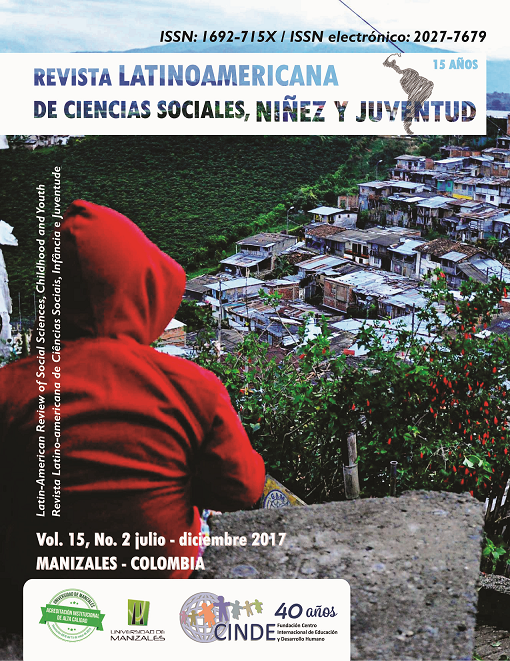Discapacidad y configuración del Capital Emocional (CE): el caso de tres padres
Main Article Content
Abstract
(analytical): the aim of the article is to demonstrate the configuration of Emotional Capital (EC) through the analysis of the life stories of three fathers whose children have disabilities. The main components of Bourdieu’s social field theory and the anthropology of emotions proposed by Hochschild provide the theoretical framework for this study. The methodology used was the biographical-narrative approach through the collection and analysis of life stories. It is concluded that EC emerges from the ideological break with normality that occurs at the time of diagnosis of the disability of their children, and accumulates through confrontations with social structures. Only one of the fathers succeeds in acquiring EC because when people live their lives in established ideological frameworks that are not questioned it is impossible to accumulate EC.
Key words: social research, ideology, childhood (Unesco Social Sciences Thesaurus).
Author key words: disability, emotional capital, social field.
Downloads
Article Details
You are free to:
- Share — copy and redistribute the material in any medium or format
- Adapt — remix, transform, and build upon the material
- The licensor cannot revoke these freedoms as long as you follow the license terms.
Under the following terms:
-
Attribution — You must give appropriate credit, provide a link to the license, and indicate if changes were made. You may do so in any reasonable manner, but not in any way that suggests the licensor endorses you or your use.
-
NonCommercial — You may not use the material for commercial purposes.
-
ShareAlike — If you remix, transform, or build upon the material, you must distribute your contributions under the same license as the original.
- No additional restrictions — You may not apply legal terms or technological measures that legally restrict others from doing anything the license permits.

